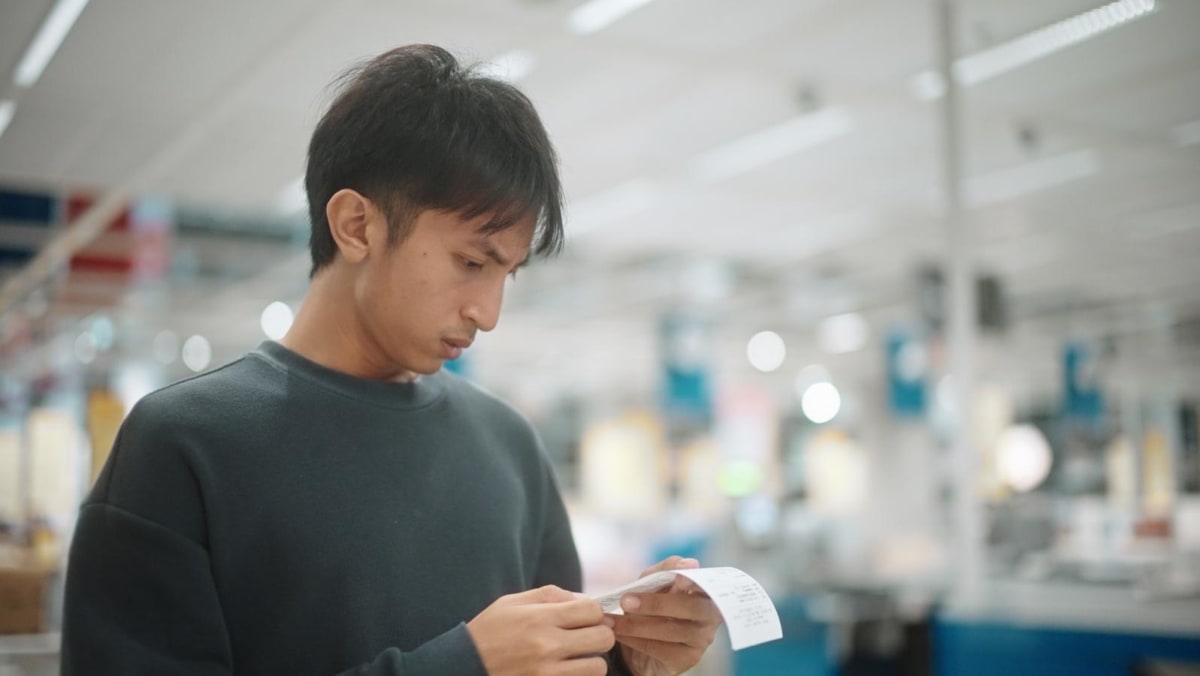What kinds of unfair trade practices are talking about?
In the Sterra example, CCCS found that the company made false and misleading claims about the quality of Singapore’s tap water; about where its air and water purifiers are made; and about discounted prices.
Unfair trade practices covered under the Consumer Protection (Fair Trading) Act are listed in the law’s Second Schedule.
It’s not an exhaustive list, but these practices include representing a product to have sponsorship, approval, characteristics, components, qualities, uses or benefits – that it doesn’t actually have.
Giving the customer a false impression that a product is needed is also unfair practice. So is making it seem like a repair or replacement is needed or desirable.
What can CASE and CCCS actually do?
CASE can warn the errant retailer or enter a voluntary agreement with them, where the retailer agrees to stop the unfair practice and compensate affected customers.
But there are constraints as CASE cannot compel businesses to participate, lawyers previously told CNA.
Affected customers must also pay membership and administrative fees to engage CASE to negotiate on their behalf.
That’s unless they belong to a union or organisation that’s already a CASE member.
On the other hand, CCCS gathers evidence of unfair trade practices, applies for court orders to compel retailers to stop such practices, and makes sure retailers comply with those orders.
It does not, however, have the power on its own to fine the retailer.
Yet if the retailer doesn’t comply with the court order, it can be taken to task for contempt of court. This is a criminal offence punishable with a fine or jail term.
The retailer may also be guilty of an offence if it refuses to provide information, destroys or falsifies evidence, lies or otherwise obstructs CCCS’ investigation into unfair practices.

